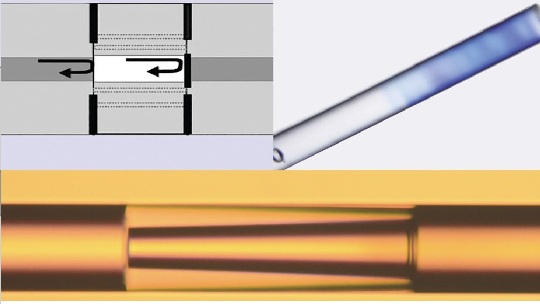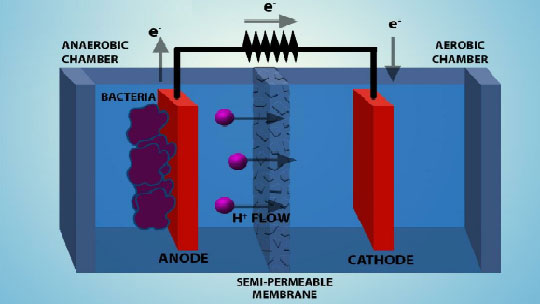
Many organizations focus their activities on basic products and core competencies due to increased competition and sustainability, which requires investing in research and creating technological innovation. Hundreds of billions of dollars are spent worldwide on R&D processes each year, in some countries about 2% of GDP and in developed countries up to 4%.
R & D is considered as one of the main pillars in strategy-oriented organizations and refers to a set of creative, innovative and systematic activities that are done systematically to expand the scientific boundaries and knowledge of human society to increase the existing knowledge and make possible its use for new applications. Therefore, the dynamism and up-to-dateness of these units make it possible to adopt development strategies quickly and correctly. This advantage becomes more pronounced by increasing the alignment of research and development activities in the organization with the goals, strategies and policies of macro management, but one of the problems is the lack of a systematic way to advance scientific and technical research that leads to create problems in the different stages and only companies that taking advantage of key capabilities and comparative advantages, will achieve sustainable success. Among these, the role of R & D departments in terms of intelligent knowledge management and systematization of innovative activities is very crucial.
Some of the most important tasks of a R & D development are to increase knowledge, innovation and invention, provide optimal solutions to increase productivity, find potential applications for achievements, improve product quality, raise standards, increase production and competitiveness, upgrade skills and productivity, the acquisition of new methods to meet the challenges and improve the quality of life, which in general can be said that improving the productivity of the entire organization is the goal of R & D.
















